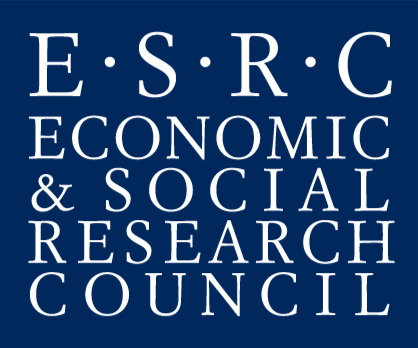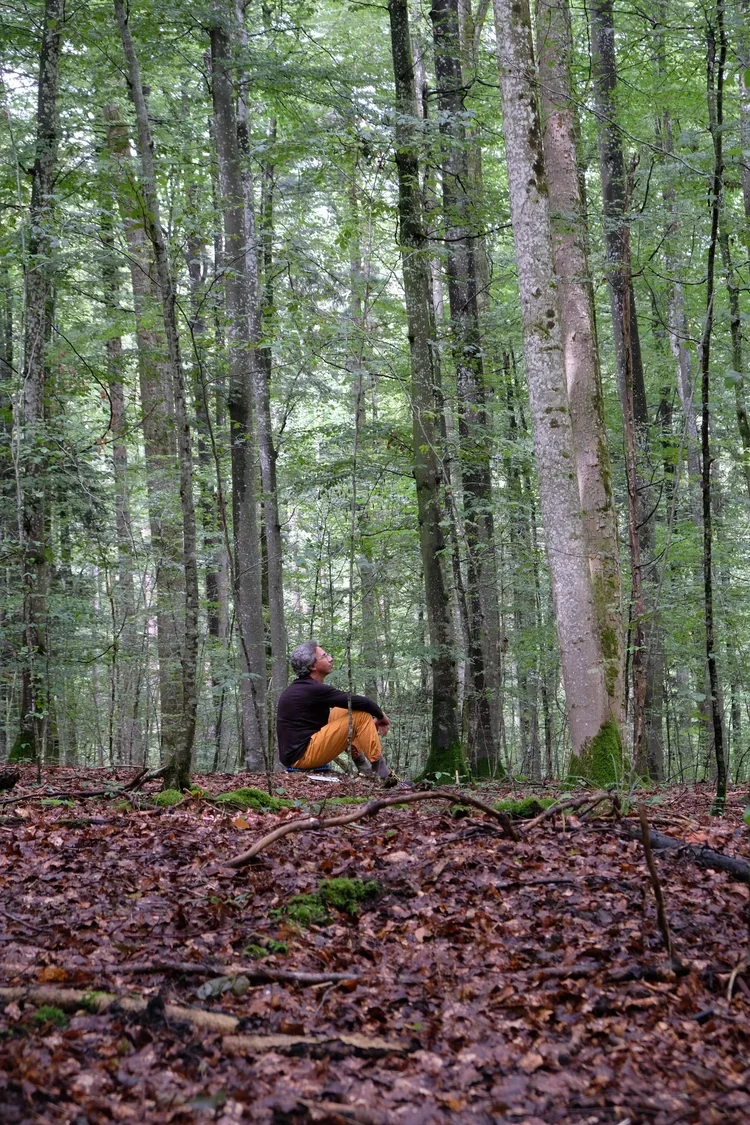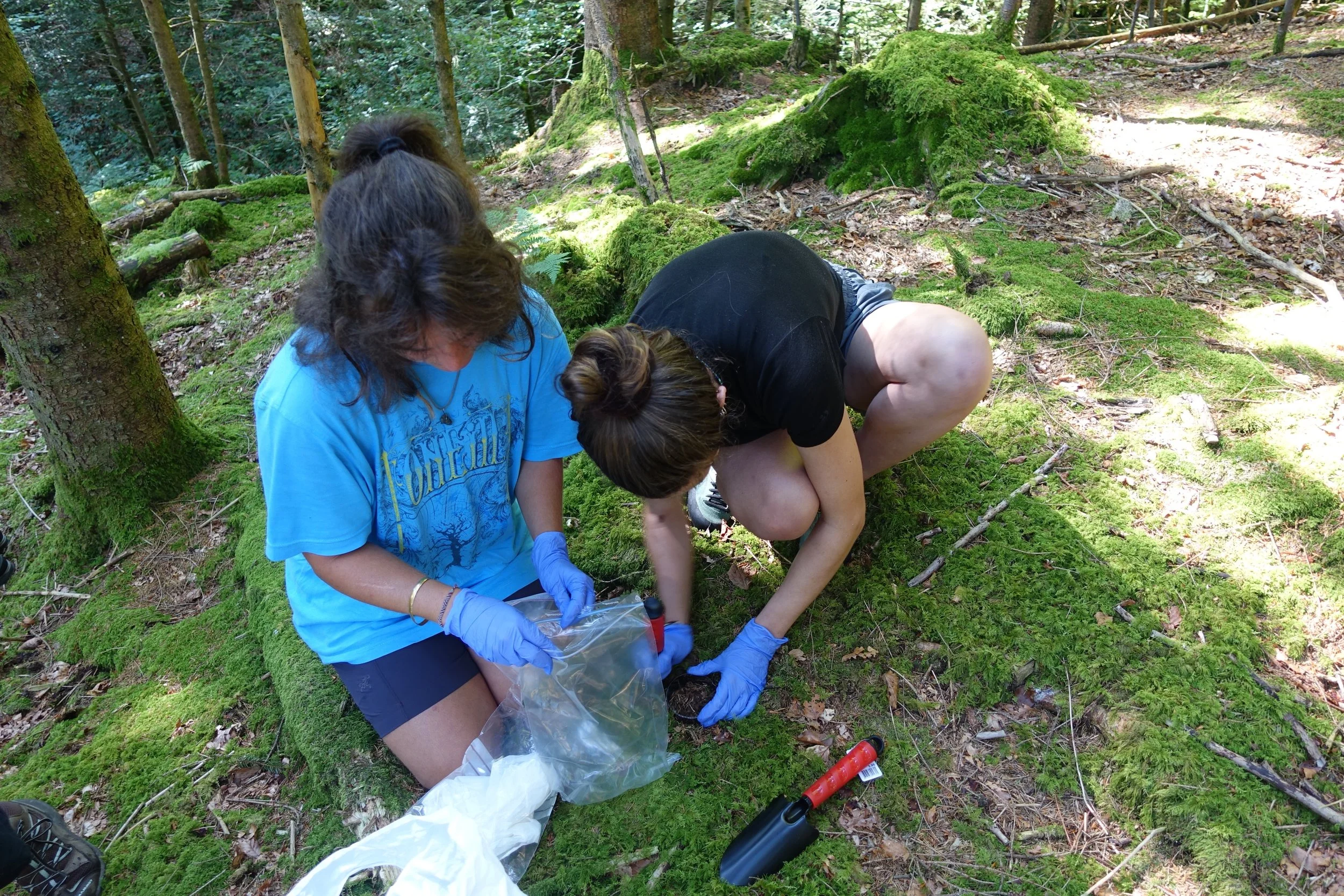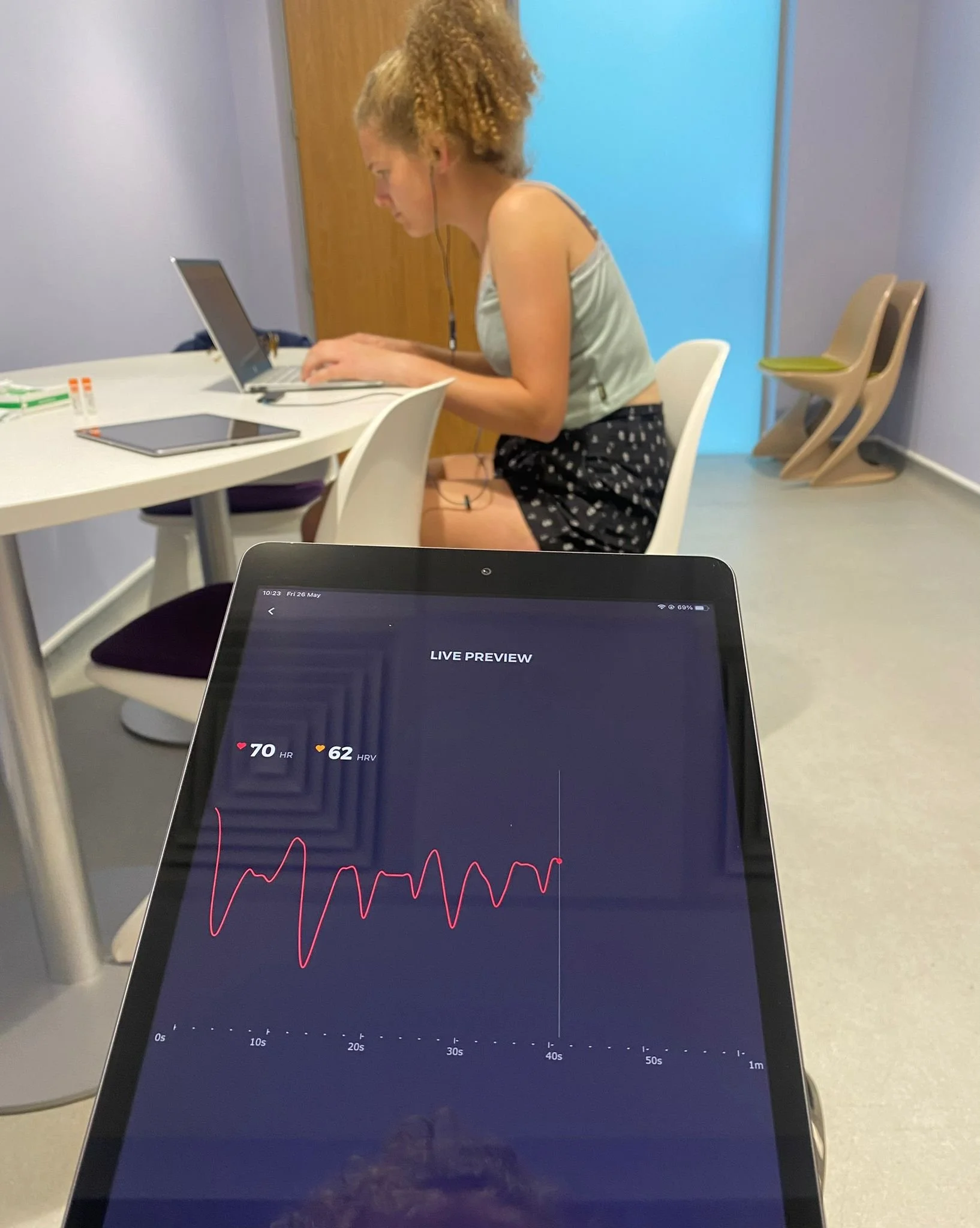
Is our nature-adapted biology mismatched against our industrialised planet?
Human Evolutionary EcoPhysiology
Throughout human evolution, natural environments have shaped our biology by providing the ecological parameters within which natural selection has acted. During the last 200-300 years, however, our environment has become increasingly industrialised, with urban centres rapidly becoming our primary habitat. This dramatic habitat change presents novel challenges and reduces our contact with beneficial aspects of nature. We believe that this transition has created an environmental mismatch between our nature-adapted biology and our modern industrialised habitats, which contributes to rampant physiological and psychological stress and impaired biological function.
Rooted in human evolutionary theory, we conduct experimental research that assesses how natural and industrial environments influence human biological function and health.
PRIMAL
Physical health and Running performance In Modern and Ancestral Landscapes
Primary Researcher: Mate Szazvai (PhD Student)
Summer 2025
PRIMAL was a single-subject case study that assessed the effect of a nine-week running program in urban then forested then indoor environments on human health, psychology and exercise performance using quantitative and qualitative measurement techniques.
LINEAGE
Long-term Impact of Natural Environments for Adaptation and Green Exercise
Primary Researcher: Matt Putland (PhD)
Summer 2025
The LINEAGE Project investigates whether industrialised environments increase the energetic cost of human activity. Using a controlled step test and measurements of respiratory gas exchange, we examine how exercise energetics differ in natural versus urban industrial settings.
SAPIENS
Study of Ancestral Physical function in Engineered and Natural Surroundings
Primary Researcher: Matt Putland (PhD)
Summer 2024
The SAPIENS project investigated how exercising in natural and industrialised environments affects different aspects of physical function, including endurance, strength, power, coordination, reaction time and aerobic capacity. This project provided a broad picture of how environment shapes human performance in multiple domains of physical activity as well as participants’ enjoyment and intent to perform physical activity.
TREE
Transdisciplinary Research in Human Evolutionary Ecophysiology
Primary Researchers:
Gina Sommacal, Ronja Schmoll, Leandra Keusch, Zora van der Bie,
Luana Mark, Julie Henzelin, Laurence Rihs, Mate Szazvai
Summer 2024
This study measured the effect of a three-hour walk in forested and industrial environments on human physiology, psychology, immune function, microbial composition and cognition. Throughout, an array of environmental parameters were monitored to assess their influence.
LEAF
Linking Environment And Function
Primary Researcher: Yvanna Todorova (PhD Student)
Summer 2022
The LEAF project assessed the effect of an 80-minute, physically inactive exposure to natural and industrialised environments. We collected measures of physiological and psychological stress, biological function (cognitive, immune and physical) and appetite in healthy young adults.
Nature Immersion &
Microbial Exchange
Primary Researcher: Manon Lussi (MSc Student)
Summer 2023
This project investigated whether three days of forest exposure resulted in microbial transfer and which microbes persisted 48 hours post-exposure. We assessed both human (skin, nasal, saliva and fecal) and environmental (soil, vegetation, air and water) microbes using 16S rRNA V4V5 sequencing.
SENSES
Primary Researchers: MSc and Undergrad students at the University of Loughborough
Present (on going)
The SENSES project comprises a series of laboratory experiments which isolate and expose individual senses (auditory, tactile, olfactory and visual) to natural and industrial stimuli, while measuring biological parameters that have previously been shown to respond to whole-body, real-world, nature immersion.


















